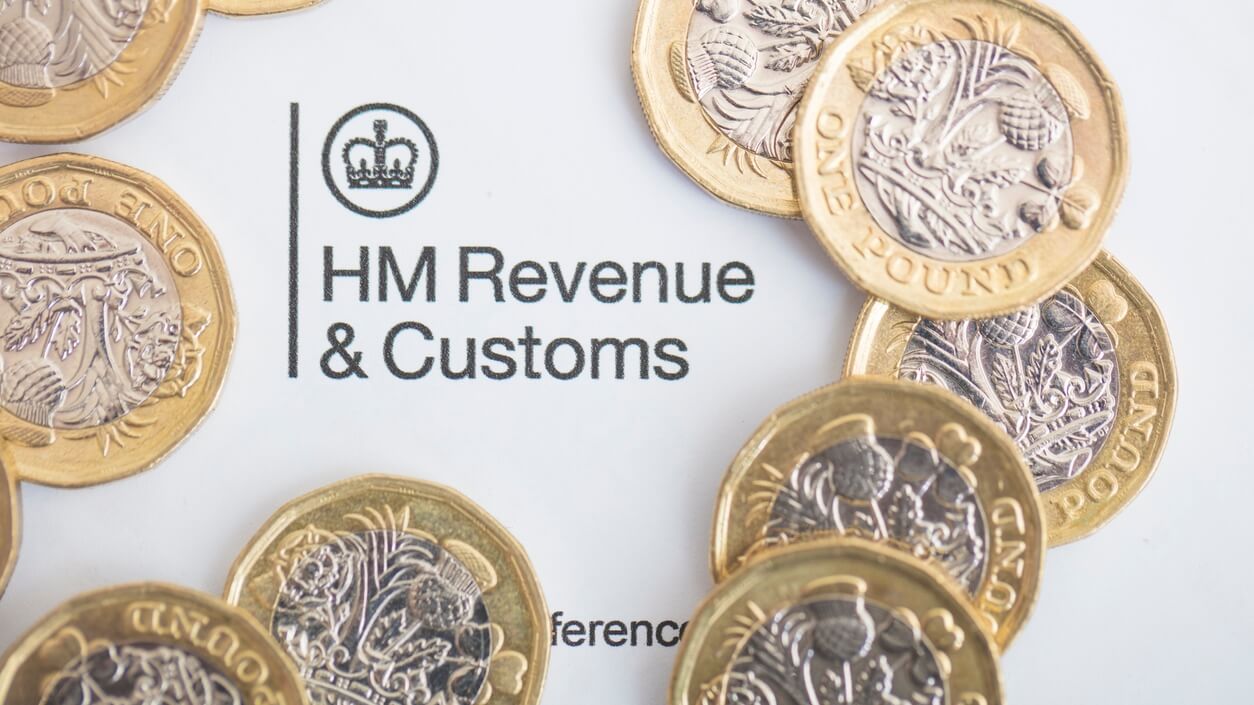Tax is often the last thing on a business owner's mind - but planning could save you thousands of pounds.
Tax Mistakes Every Entrepreneurs Often Make
Tax is often the last thing on a business owner's mind - but planning could save you thousands of pounds.

As a busy entrepreneur, the idea of seeing your accountants can feel like one thing too many to fit in. However, as our tax rules are complex, without talking to them you’re much more likely make these tax mistakes.
Not maintaining proper records
Collating and keeping all your receipts isn’t a fun job. For VAT registered business owners, not keeping them is a common mistake. So, the next time you fail to get a VAT receipt, consider whether to also dip into your pocket, grab some coins and throw them away.
With so many apps on the market, the task of keeping proper tax records has become less taxing. Apps like Auto Entry, Expensify and Receipt Bank mean you can easily snap the receipts on the go. The technology and your accountant can take care of the rest.
Claiming too much use of home expenses
There’s nothing wrong with claiming these expenses. However, by over claiming them, you potentially end up paying capital gains tax when you sell your property. Why? Because the value of your home will have gone up and you lose generous tax relief on the part of your home you turn into business.
Tax planning retrospectively
When you’re busy it’s easy to make decisions on the hoof. Then at the end of the year you try to piece some planning together even though all the events have already happened without much thought.
Unless you prepare and plan for taxes, it’s likely that you will pay more tax. Alongside your business plan you need a tax plan
Missing out on tax breaks
There are more tax breaks within the law that business owners miss out on but here are some common ones:
· Bad debt provision (make sure you’ve taken steps to recover the money)
· Capital allowances on equipment used for the business including fixtures which are part of the building you have bought
· Lease premiums
· Warranty provisions
· SEIS and EIS tax reliefs
Entrepreneurs relief
The reason why most of these reliefs get missed is that you must make a claim to get them.
Wasting tax allowances
If you add up the income tax allowance, capital gains tax allowance, savings allowance and dividends allowance, you get a whopping £26,000 plus allowances in the year. Many of these allowances are wasted.
If you’ve dabbled in crypto currencies, make sure you make the most of the capital gains tax allowance.
And consider how to make use of the allowances of your spouse and children.
Insufficient evidence for claims
The rules on what expenses can/cannot be claimed are not as straight. For example: a business owner rented accommodation in Wales to avoid expensive hotel bills during a long business trip. He was denied tax relief because the evidence he submitted was not sufficient to meet the “wholly and exclusively for the purpose of trade” test.
When claiming or incurring expenses for business, ensure that the primary purpose is for the business and have all the supporting documents.
Not putting money aside for tax
Cashflow can be a huge problem but when it comes to VAT and PAYE, the taxman’s stance is simple; it’s not your money.
For income and corporation taxes, many discover in January they have a huge tax bill but don’t have the funds to pay it.
To avoid this plan for taxes and open a separate bank account to put cash away for taxes.
Not reviewing the business structure
Maybe, when you started, you were rightly advised to go for a sole trader, partnership or a limited company. But the rules keep changing. When was the last time you reviewed and compared different tax structures?
Getting self-employment status wrong
This is an area that keeps changing. Whilst you may safely get your own status right as a business owner, how confident are you that your freelance workers and associates are genuinely self-employed? HMRC is cracking down on the so called ‘gig economy’ and are putting the onus on business owners to get this right.
Accepting 30% more tax when selling your company
You’ve decided to sell up but you’re dealing with a well-informed tax buyer who wants to pay more for the company’s assets but he or she is not interested in the shares. If you agree to sell the assets you’ve potentially lost a 10% tax rate and are now face over 30% tax.
This is because the company sells the assets and pays corporation tax at, say, 19%. You then need to extract the cash. Conservatively, if you pay 20% income tax. That’s 39% potential tax.
It always a good idea to have a tax plan so review your business plan and create one. Getting some expert advice is a good idea to help navigate the tax minefield.
Jonathan Amponsah CTA FCCA is an award winning chartered tax adviser and accountant who advises business owners on entrepreneurial tax reliefs. Jonathan is the founder and CEO of The Tax Guys.
Thanks for signing up to Minutehack alerts.
Brilliant editorials heading your way soon.
Okay, Thanks!

